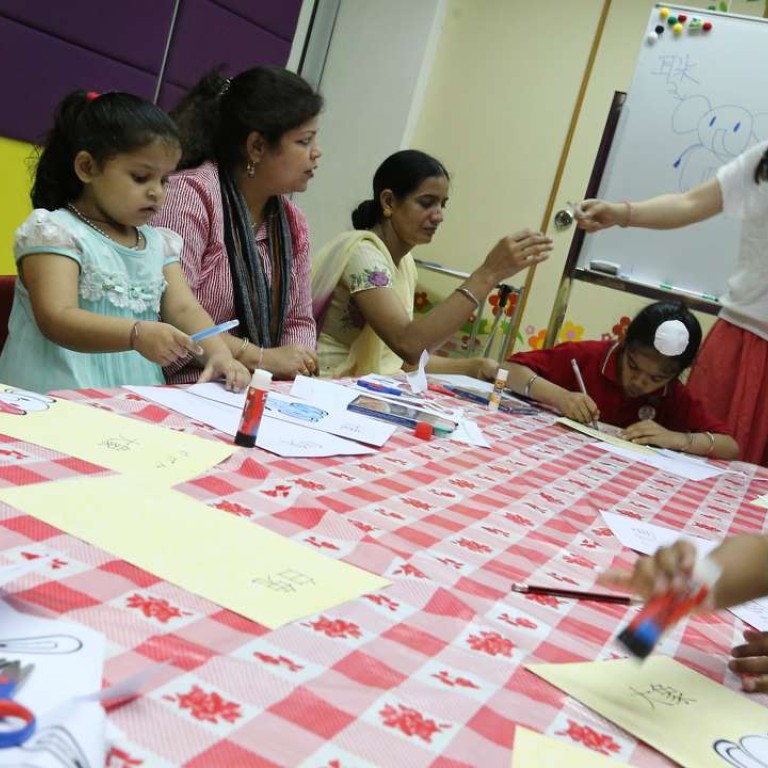
Discriminatory language abounds in describing Hong Kong’s ethnic minorities
The city should avoid discriminatory language when discussing ethnic minorities, as it is often “lagging behind” in cultural awareness, an expert believes.
Dr Terence Shum Chun-tat, teaching fellow at the Technological and Higher Education Institute, said: “Hong Kong is a migrant society. We need to have a very strong awareness about the cultural differences, the cultural diversity of ethnic minority groups in Hong Kong.”
When talking about African migrants for instance, Shum said they were sometimes labelled as “black” in a derogatory manner, instead of being referred to as those of African origin.
“They are also human beings,” he said. “How come because of [a] difference in skin colour, we label them as a group of black guys?”
Cantonese slang includes racial slurs against African migrants such as hak gwai or “black ghost,” and slurs against Indian or Pakistani people such as ah cha or ah sing.
More inclusive language would recognise country of origin over skin colour, such as a Somali person, a Congolese individual, a Sri Lankan or a Pakistani, according to Shum.
When referring to Filipino domestic helpers, it is more inclusive to use the term “domestic workers” over words such as “maid” or the derogatory Cantonese term bun mui.
“I prefer to use ‘domestic workers’ because they make [an] economic contribution to Hong Kong society,” Shum said.
Meanwhile, Westerners are sometimes called gweilo or “white ghost” in Cantonese, originally pejorative but now more descriptive than offensive, he said.
“Today, the term fan gweilo or simply gweilo is more often uttered in a neutral, ironic, or even an affectionate way,” a newsletter from the Royal Asiatic Society said.
To describe those from the mainland, Cantonese speakers often use phrases such as daai luk jan or “mainlanders,” or noi dei jan, literally “people from the inland”. Derogatory terms for them in Cantonese include aa caan and wong chung, or “locust.”
Coupled with the language barrier, ethnic minorities may find it difficult to integrate into local communities, making it difficult to form a sense of belonging, said Dr Simon Shen Xu-hui, professor of social science at Chinese University. “Not to mention the formation of [a] Hong Kong local identity.”
This is amplified when media outlets employ negative stereotypes or when Hongkongers adopt the mentality that people who are not Hong Kong Chinese are “outsiders”, Shum said.
“I think among the Hong Kong general public, they have this kind of attitude that they try to distinguish between ‘us’ and ‘them’,” he added.
“[Ethnic minorities] are also part of the community.”

